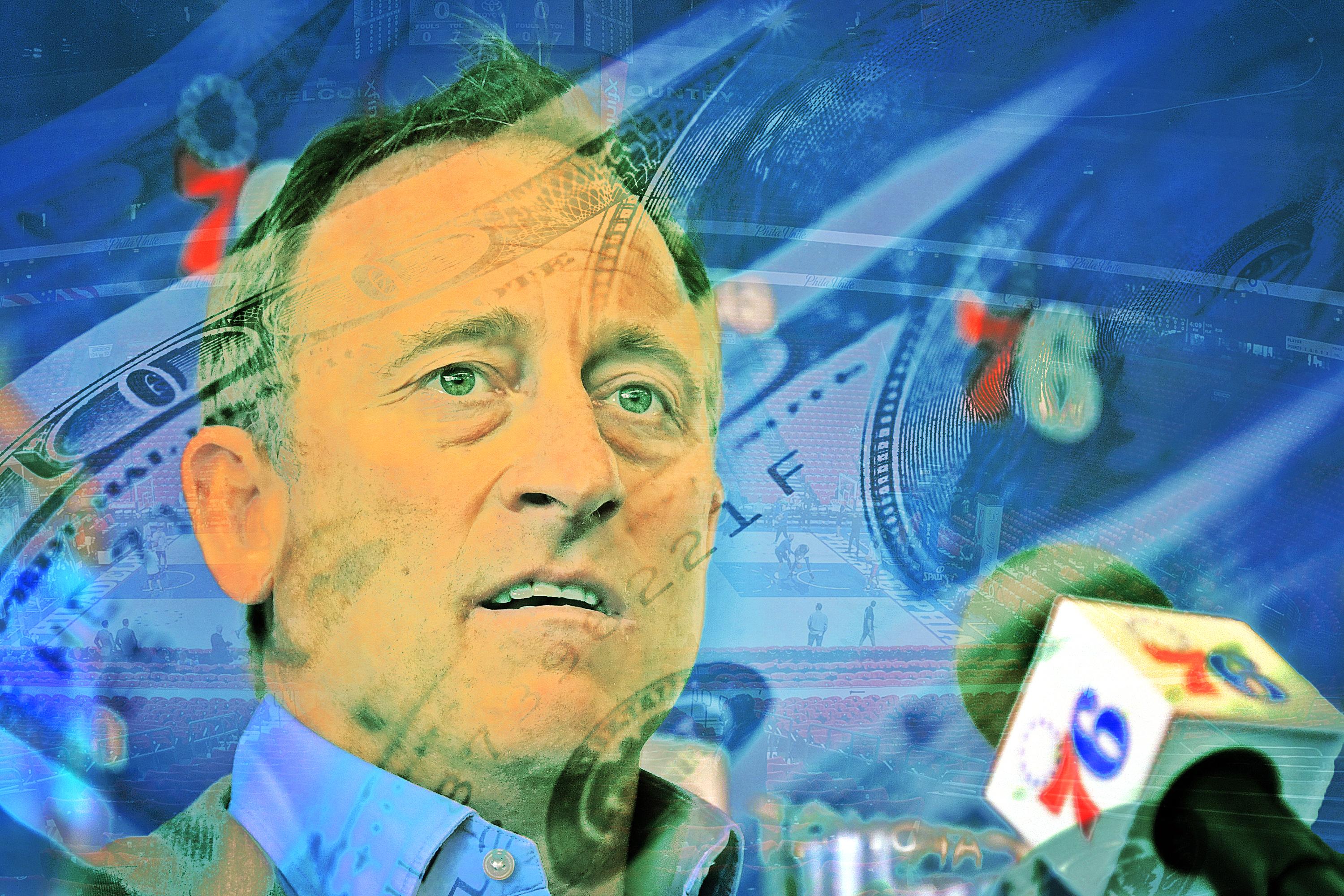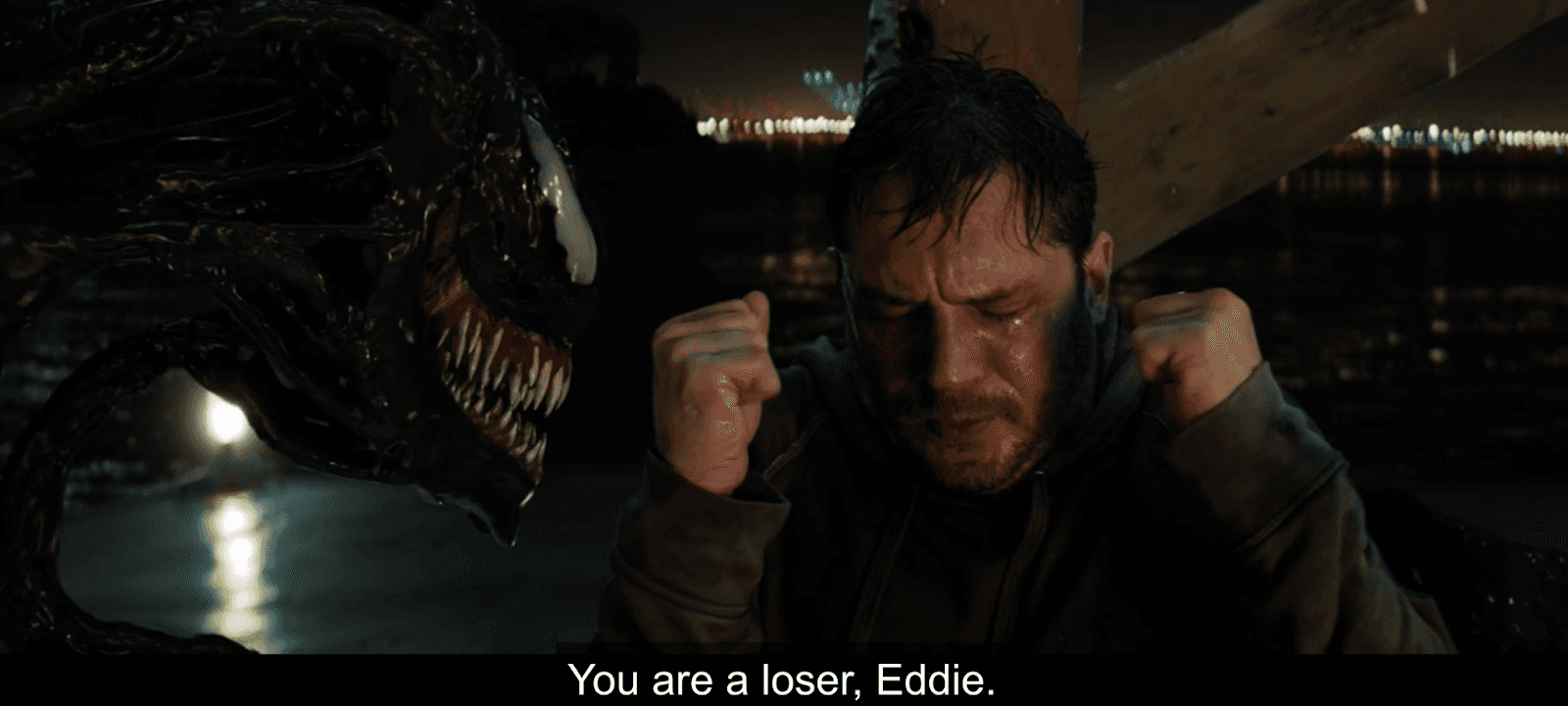The Sixers Tried to Cut Staff Pay, Then Had to Do a 180
Philadelphia was the first franchise to try to save money amid the coronavirus-halted season by docking the most vulnerable members of its organization. But even after reversing course after widespread backlash, the team is still restricting working hours.
Even with the NBA season suspended, Joel Embiid is finding people to dunk on. His employers probably wish they weren’t the ones getting posterized, but in fairness they brought it on themselves.
This has not been a good week for the Philadelphia 76ers. On Monday, Marc Stein of The New York Times reported that at-will Sixers employees making north of $50,000 per year had been informed of mandatory pay cuts of up to 20 percent, beginning April 15 and lasting through the end of June. Meanwhile, ESPN’s Adrian Wojnarowski reported that contracted employees—such as members of the coaching staff and front office—had until Thursday to agree to the 20 percent cut, which was not mandatory but suggested. Woj continued that, given the “uncertainty around employment futures,” there was “apprehension” among the contracted employees about giving any money back. Yeah, I bet.
That was just one bad look in a tumultuous 24-hour period for the organization. Tuesday morning, star center Joel Embiid pledged $500,000 to COVID-19 medical relief and promised to help Sixers employees suffering from financial problems given the franchise’s stated desire to cut back on payroll. Embiid is a multimillionaire. But the members of the Sixers’ main ownership group, including Josh Harris, David Blitzer, and Michael Rubin, are multibillionaires (according to Forbes). They are obviously much richer. People tend to notice these things. Before long, a foaming Philly Twitter was ready to chew up the ownership group and spit out what was left. This reaction was hardly surprising. The only shock here is that Harris, Blitzer, Rubin, and the rest didn’t see it coming.
The whole thing had a velociraptors-testing-the-fence kind of feel to it, as though Sixers ownership was seeing just how much it could push things and just how angry and fast the blowback would be. (As it turned out, awfully angry and awfully fast.) Not long after Embiid stepped up, The Athletic’s Shams Charania reported that Rubin was “upset and outraged over the team deciding to reduce certain employees’ payment by up to 20 percent, temporarily.” You will be forgiven if your immediate impulse is (1) to point out that Rubin is an owner and could have possibly prevented the pay cut proposal from being rolled out in the first place and (2) to be skeptical that he was shocked—SHOCKED—to learn about all this post-fact. In any event, the Sixers quickly issued a largely useless statement from Harris that reversed course on the initial proposed austerity measures and apologized for making an “ordinary business decision” in “an extraordinary time.” Like everyone else, Embiid was delighted about the, uh, turnaround and couldn’t help but score on ownership with glee.
Bless his heart.
There are also bigger, leaguewide ramifications here. As Woj reported, organizations around the NBA were watching this all unfold with a keen eye and wondering what sort of furloughs, cutbacks, and salary reductions they might be able to implement. The Sixers likely are not the only team considering pulling these kinds of money-saving levers. Harris and Blitzer just stepped out front first—and stepped in it, in the process.
By even in trying to pull off something like this, the Sixers signaled potential liquidity issues. Ownership should have known this would come at the expense of an obvious and significant optics backlash—not to mention, and much more importantly, that this was simply a gross thing to do at a time when a lot of people are hurting financially and fearful of getting sick amid rising health care costs—but they aren’t alone on that front. As the Houston Chronicle reported, Rockets owner Tilman Fertitta temporarily suspended vacation time and paid time off benefits at a hotel he owns in Houston. Fertitta eventually reversed course after the initial news cycle wasn’t so stellar for him.
While all this was playing out in real time on Tuesday, certain Sixers staffers were still unclear about exactly what was happening with respect to their pay and hours. Shortly after Woj tweeted on Tuesday that the Sixers had changed their minds on the pay cuts, an HR email was sent to associates within the organization. (The Sixers use the term “associates” for entry-level and junior staffers and interns.) The Ringer obtained one section of that email, which reads as follows:

Some Sixers staffers who received the email were confused about the message and subsequently concerned about potential cuts to their hours, particularly given the Harris reversal and mea culpa that had been publicly issued moments before the internal memo was sent out. I reached out to the organization, and a team official told me that the email should be seen as the Sixers continuing to “pay people what they would be making as if they are still in the office” and that they’re asking their associates to “work the hours they typically work. Anything above that, they should check with their managers.”
As ESPN’s Zach Lowe tweeted, the end result of Tuesday’s drama was a victory for Sixers staffers, and maybe doubled as a cautionary tale for other teams that might want to cut costs. The Sixers were the first to dive headlong into a deep and messy coronavirus-created quagmire. The lingering question now is whether other NBA ownership groups have been dissuaded from taking similar leaps—or if they’ll try craftier and less splashy attempts to implement money-saving measures.
Tyler Tynes contributed reporting to this story.